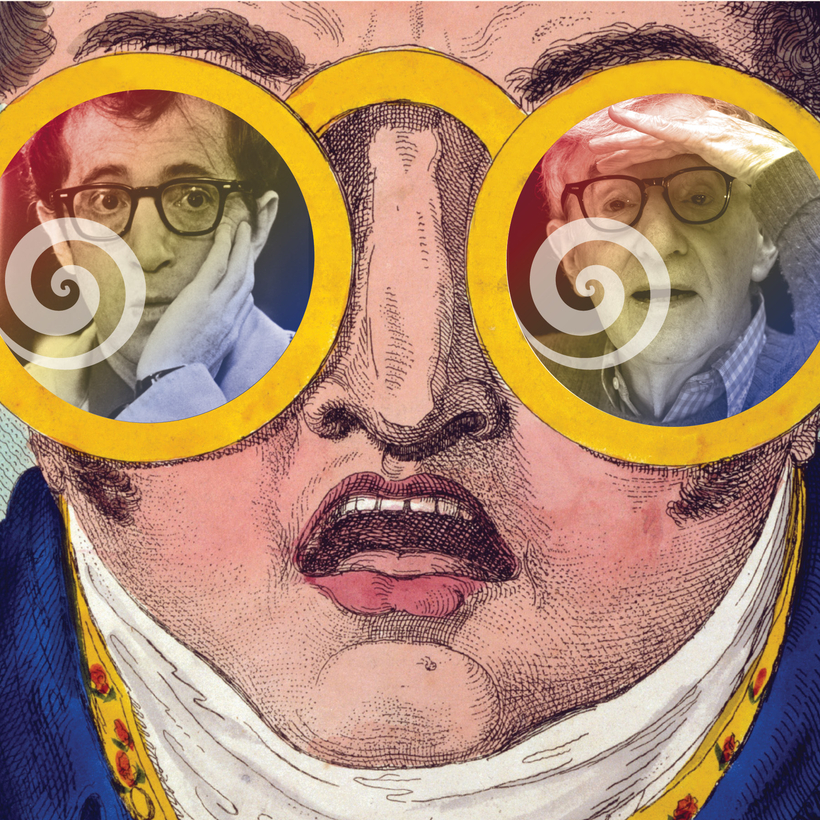Blame the French. We don’t mean for Jerry Lewis, who actually was a comic genius, but for things like Pétain, structuralism, service compris menus, and now, Woody Allen. His new film, A Rainy Day in New York, is being shown in screenings in Paris and will open there in September, and so now we have to talk about Woody Allen. Again.
And nobody really wants to. His reputation for sexual misconduct—and worse—is too repellent. It’s unthinkable to defend a movie director who married his lover’s daughter, was accused of molesting his own daughter, and as early as 1979 signaled an unhealthy obsession with under-age girls in the once-revered and now troubling movie Manhattan.


